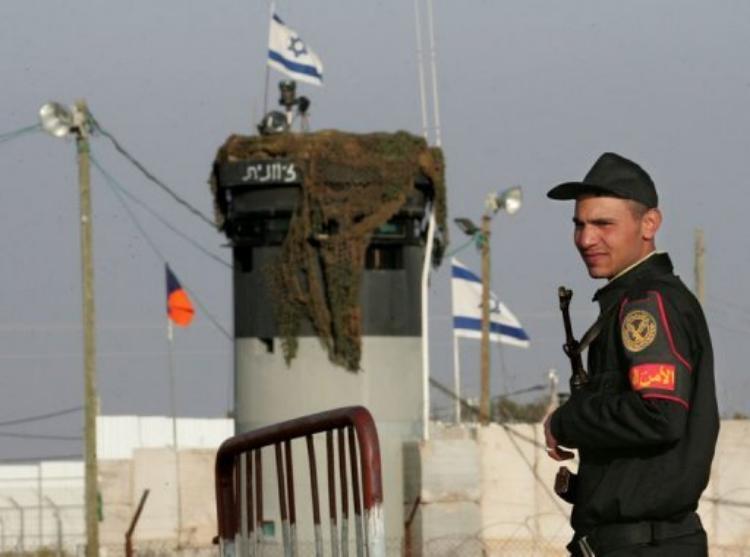CAIRO: In an unprecedented move, a federal judge in the United States intervened with the US government’s decision to return Sameh Khouzam, an Egyptian national and one of Egypt’s torture victims, to Egypt after receiving diplomatic assurance from the government that he will not be tortured upon his return.
Judge Thomas I. Vanaskie of the US District Court for the Middle District of Pennsylvania granted Khouzam, represented by the American Civil Liberties Union (ACLU), his habeas corpus petition on Jan. 10 and ordered that he be released immediately from York County Prison, where he has been held for the last nine months.
I cannot express how thankful and relieved I am to be a free man again. I am so grateful to my lawyers and to the American court system for stopping the government from sending me back to Egypt where I know I would be tortured, said Khouzam, in a statement released by the ACLU.
Khouzam was being kept in the US under the Convention Against Torture (CAT), which states that foreign citizens cannot be returned back to their countries based on substantial evidence that they may be tortured.
On May 29, 2007, during one of his routine check-ins with immigration authorities, Khouzam was informed that his CAT protection had been terminated and that he would be returned to Egypt.
Judge Vanaskie then ordered an emergency stay of Khouzam until the federal court ruled on his case.
The issue of torture in Egyptian prisons has become a critical concern for human rights activists around the world. In 2007, the US Department of State released a report on human rights practices in Egypt in which Human Rights Watch states that “torture is pervasive in Egyptian detention centers.
The Egyptian Organization for Human Rights (EOHR) issued a report on torture cases in Egypt, recording 156 cases of torture between the years 2000-2004, in which 81 of them were fatal. Methods of torture included “detainees [being] kicked, burned with cigarettes, shackled, forcibly stripped, beaten with water hoses, and dragged on the floor.
Human rights groups in Egypt differed on their opinion concerning Khouzam’s case.
According to a statement from the National Council for Human Rights, the council is “astonished at the judge’s verdict because his job has to be objective; however, his ruling is subjective as it is based solely on what Khouzam is saying.
A representative added that there will probably be no significant outcome from this trial affecting the whole cause of torture in Egypt since it is an individual case.
Others, however, were more optimistic about the ruling.
Hossam Bahgat, director of Egyptian Initiative for Personal Rights, said that this was a “welcome decision from the US in that it reflects what the UN and other human rights organizations have been saying about the threat of torture in Egypt.
“The judge’s ruling will possibly expose the Egyptian government’s torture record, he added.
Khouzam, who was released from US detention on Jan. 15, fled to America in 1998 following alleged religious prosecution in Egypt where he was reportedly tortured by authorities. His request for asylum, however, was turned down after the Egyptian government claimed that Khouzam was wanted for murder charges.
As a result, Khouzam was detained in immigration authorities in the US, based on court documents forwarded from Egypt claiming that he murdered Zaki Mohamed Youssef, although he denied those charges and claims that he first heard of them after arriving in the US.
After being detained for eight years, Khouzam was released based on a federal district court ruling in Feb. 2006. During that time, Khouzam worked as a controller of a real estate company in Pennsylvania.


